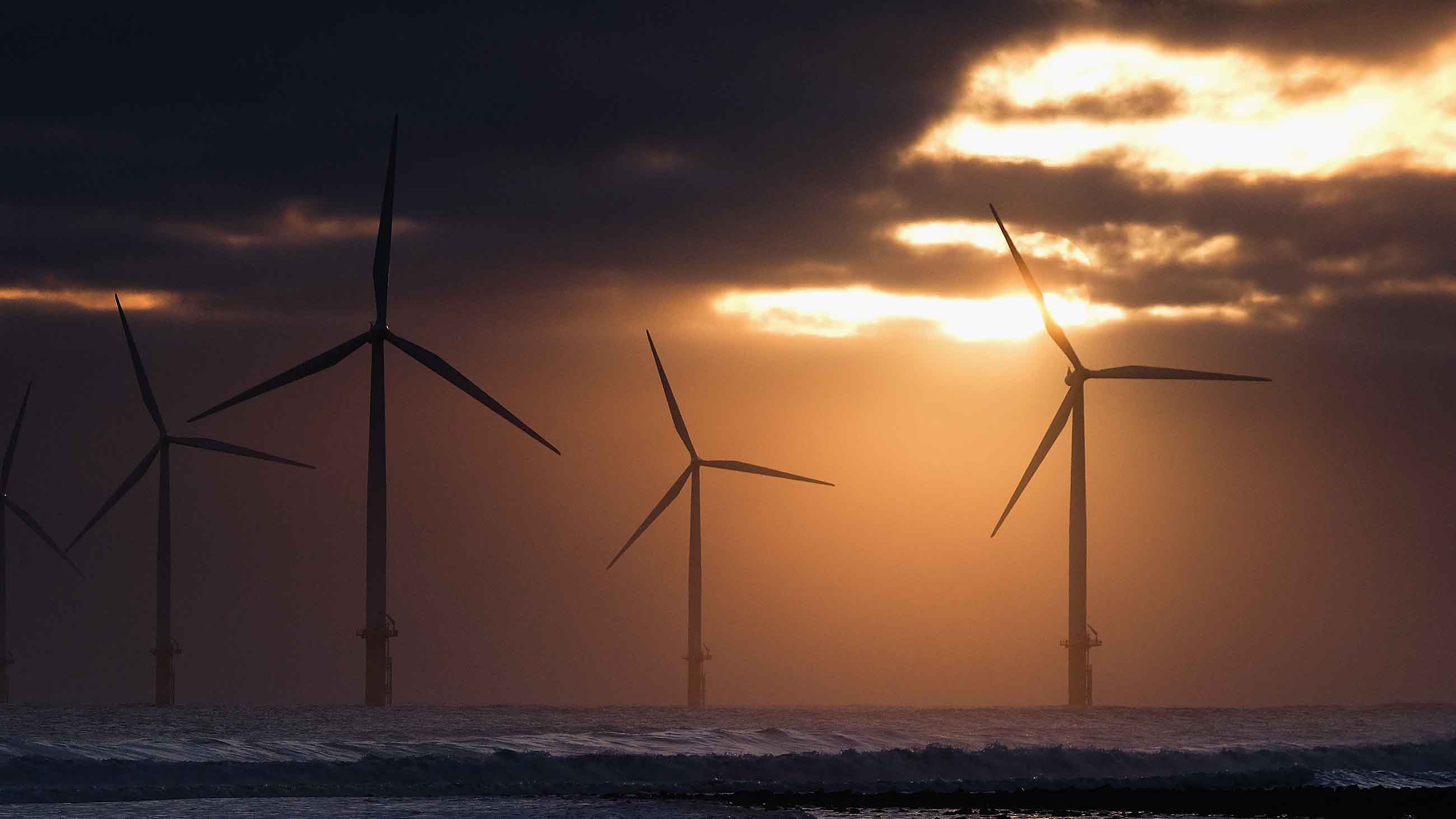Abstracts: Robots, Floating Turbines, and More
• An underwater robot has captured what appear to be the first images of melted nuclear fuel in Japan’s Fukushima nuclear plant. Robots play a vital role in the plant’s ongoing cleanup process, and finding the nuclear fuel deposits is an important step toward decommissioning. (BBC)

• The Norwegian company Statoil has developed the world’s first floating wind turbines off the coast of Scotland, a difficult and expensive milestone for wind power. Statoil says the technology is bound to decrease in cost, which will make offshore wind turbines viable in areas previously deemed too deep for stationary ones. (Quartz)
• The Trump administration has delayed the enforcement of at least 39 federal regulations and rules established by the Obama administration, often with inadequate justifications, according to a Scientific American analysis. (Scientific American)
• Virtual reality games typically only work within a range of several square feet, making it easy for users to sometimes get “lost” in the technology. But Stanford University researchers have now found a way to improve VR’s tracking capacities using standard Wi-Fi. (Science)
• Geologists and biologists are about to drill holes into the tiny island of Surtsey — one of the youngest islands in the world. The experiment will provide the most in-depth look at the volcanic activity that enables oceanic islands to form. (Nature)
• For Americans who suffer from elusive or misunderstood diseases and syndromes, finding treatment and support is a constant challenge. But small advances in genetics and immunology could provide some relief. (Undark)
• The “personal genomics” company Helix allows customers to make life decisions based on their genes. Unlike most genomics shops, the company only requires a single DNA sample, which then points consumers to an endless array of lifestyle products custom-made to suit their genomic makeup. (Wired)
• And finally, reporter shortfin mako sharks, which are prized for their meat, speed, and power, but could be at risk of overfishing. (National Geographic)









